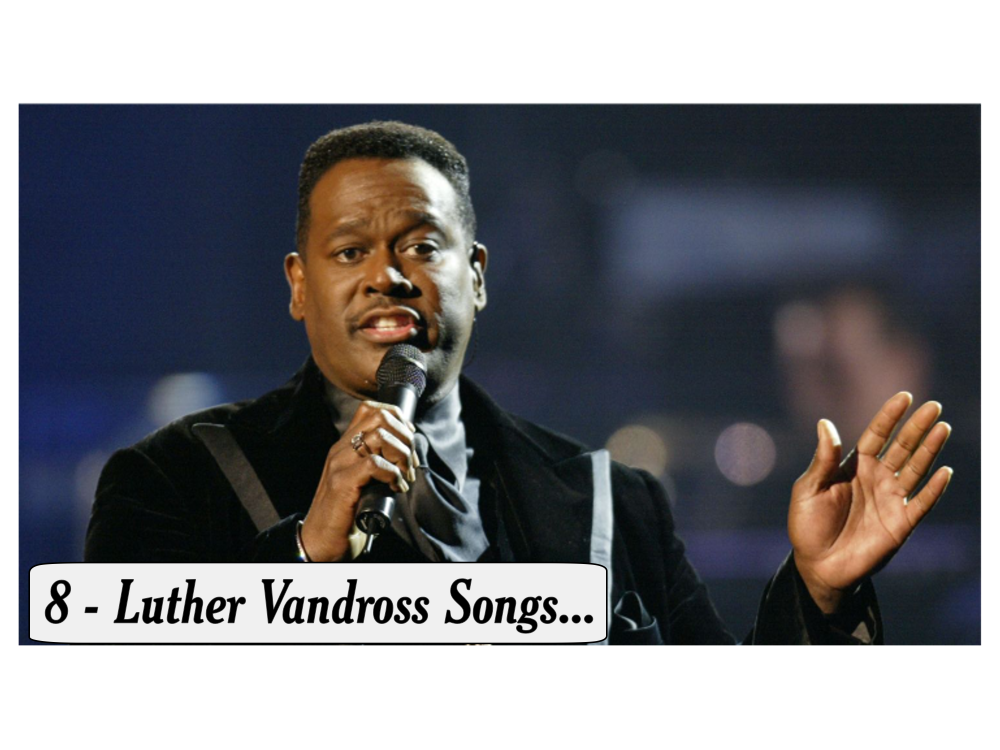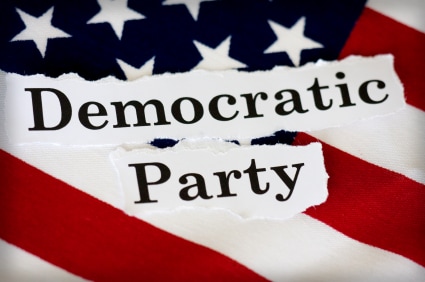(ThyBlackMan.com) Everyone has the right to own property and to use it in any way he wants, providing he doesn’t interfere with the rights of others in doing so. There’s no moral right to restrict a person from using his property as he sees fit. He can voluntarily agree to restrictions as a condition of acquiring the property, but restrictions imposed after the acquisition of the property are immoral and should not be allowed. The taking of personal property for a societal good (the concept of imminent domain) should only be allowed for a demonstrable benefit to society in general, and with adequate compensation to the owner, not because some authority believes that a different owner would provide the authority itself with some benefit.
What we’re talking about here is best illustrated by a court case from Connecticut, where a woman named Suzette Kelo had her house and land seized by the city government so they could give it to a property developer because the city believed the property would generate more taxes after it was redeveloped. It’s difficult to see how this is different from outright theft of the property.
a property developer because the city believed the property would generate more taxes after it was redeveloped. It’s difficult to see how this is different from outright theft of the property.
You’re responsible for maintaining your property and for ensuring that others you invite to make use of it are not harmed by it. This is just another application of the Golden Rule, do unto others as you would have them do unto you. If your property is stolen or is used without your permission, any injury caused by its use is not your responsibility. Of course, you need to report the theft for this to apply. By the same token, you must not attempt to hold others responsible for the misuse of their stolen or otherwise misappropriated property. The whole idea of suing someone for damages because something they made or once owned caused you injury, even if they no longer own it or are responsible for it, is just another form of attempted theft.
It all boils down to a few concepts. The right of possession of property includes the responsibility of stewardship, the care and preservation of that property. If you cared enough to acquire some property, you should take care to keep the property in good condition. This isn’t so much a matter of the intrinsic value of the property as it is a matter of self-respect.
The right of enjoyment of your own property includes the responsibility to make sure that your enjoyment doesn’t intrude on the rights of others. This would mean making sure your enjoyment doesn’t endanger others, or intrude upon their own enjoyment of their property. Of course, it works the other way too: if someone is enjoying his property and not intruding on you in any way, you don’t have any right to complain about what he’s doing. I’ve heard this called (in a mocking way), “You’re not having fun the right way!” It’s the Golden Rule again; if you would want it done to you, you shouldn’t do it to others.
There are a couple of old sayings that serve well to sum these concepts up: Good Fences Make Good Neighbors, and Live and Let Live. If we have respect for each other and tolerance for each other’s differing interests and tastes, we’ll have less stress in our lives and better neighbors. And we’ll be more likely to be able to work together on those things that we agree on!
Staff Writer; Douglas Loss

















Leave a Reply